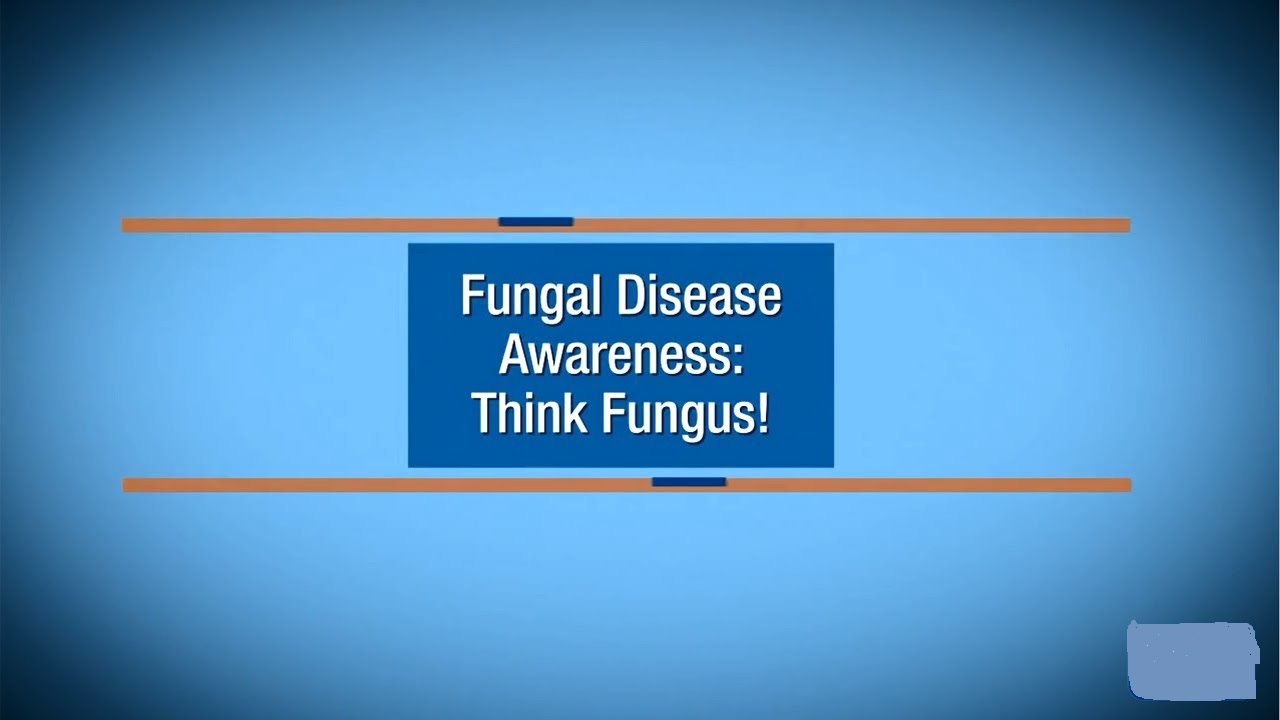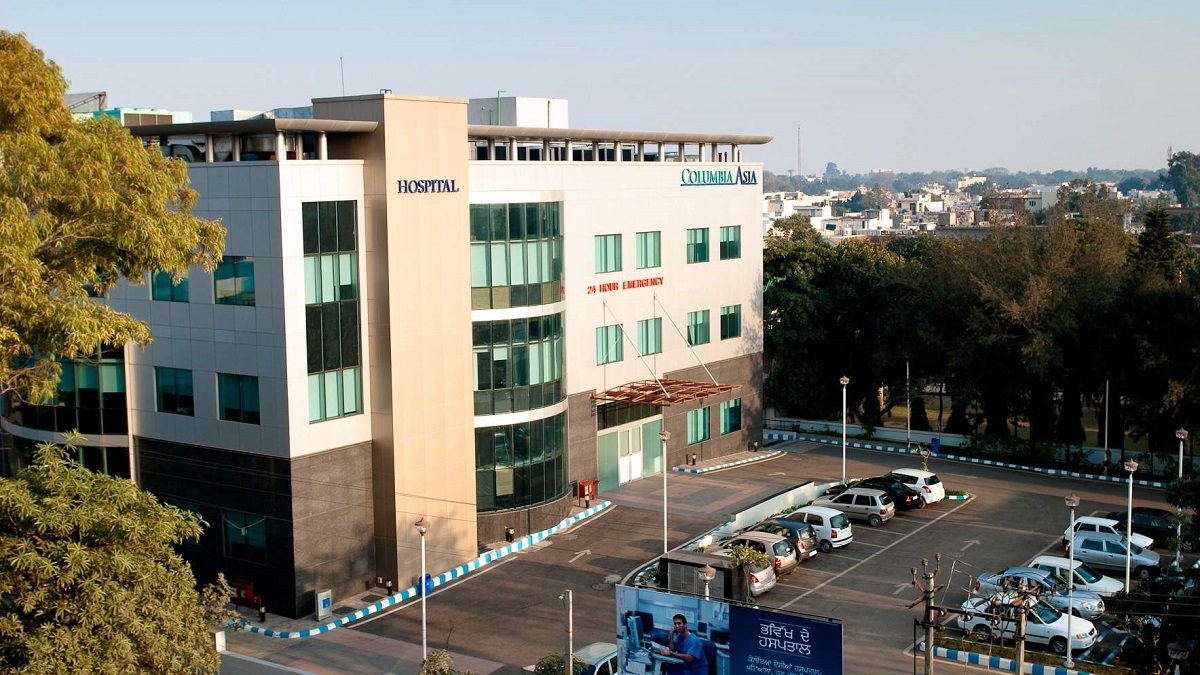Tag: columbai asia hospital
-

कोलंबिया एशिया अस्पताल पटियाला में डॉ. निति कपूर ने न्यूरोलॉजी विभाग में संभाला कार्यभार
पटियाला 10 सितम्बर, कोलंबिया एशिया अस्पताल में डॉ. निति कपूर ने बतौर कंसलटेंट न्यूरोलॉजी के रूप में कार्यभार संभाला हैI कोलंबिया एशिया अस्पताल के जनरल मैनेजर श्री गुरकीरत सिंह ने बताया डॉ.निति कपूर ने अपनी ऍम. बी. बी. एस. दयानन्द मेडिकल कॉलेज, लुधियाना और एम् डी मेडिसिन गवर्नमेंट मेडिकल कॉलेज, पटियाला से की है। इसके…
-

Put Away Fungal Diseases During the Sweaty Months-Dr. Rohini Thakur
During the summer season, there is usually a rise in the cases of fungal infections due to the increased humidity. Fungi, which grows all around us as well as within the body, thrives in moist and humid environments and can multiply and grow more easily during the summer season. Dr. Rohini Thakur Consultant Dermatology Columbia…
-

Myths And Facts About The Corona virus (COVID-19) Infection – Dr. Y S Bath Columbia Asia Hospital
People with COVID will die.FACT: This means that out of every 100 people who suffer from corona virus, only 3 people are at risk of mortality. Around one in six people will become severely ill and need hospital care. Also if you have a healthy immune system, you can most definitely fight off the disease…
